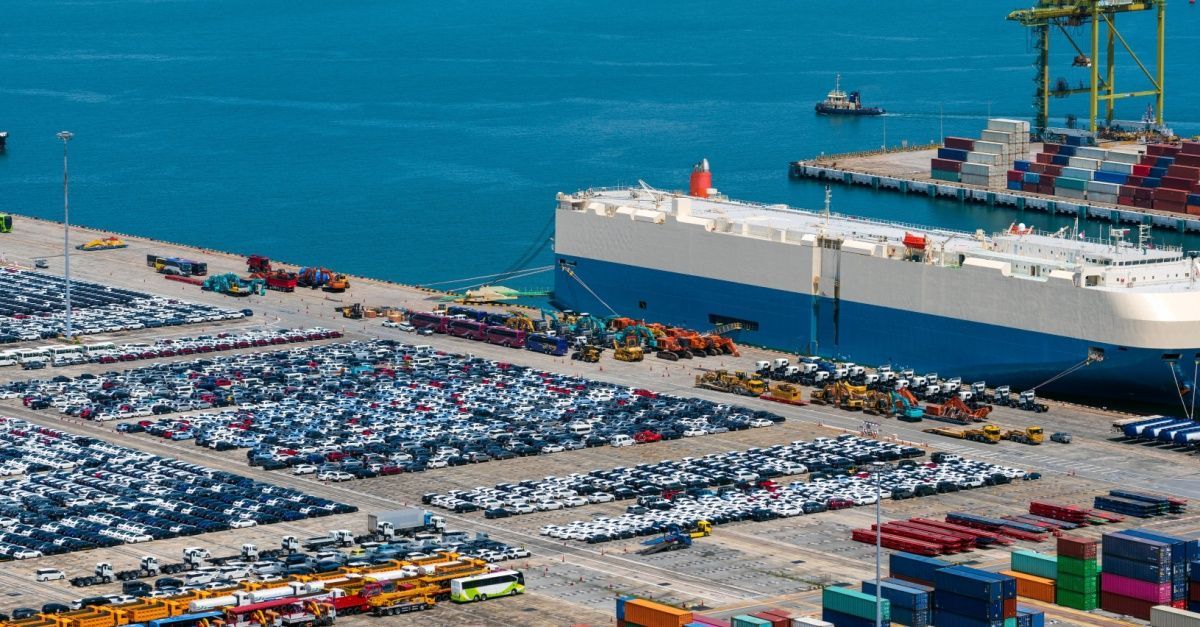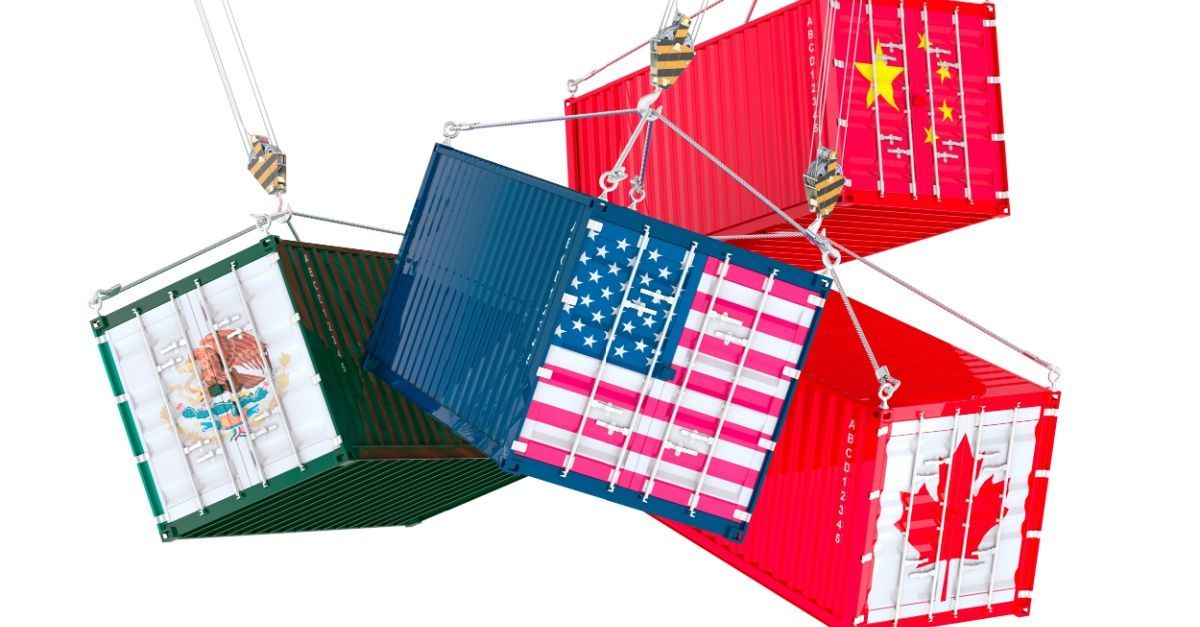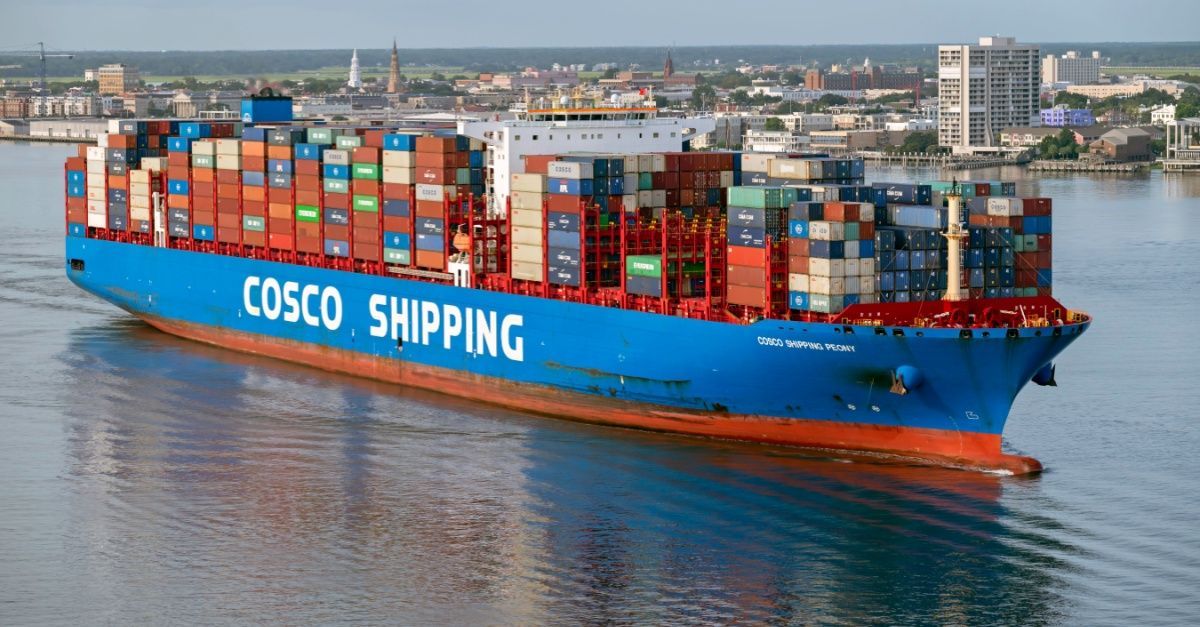The Benefits of Expedited Shipping for Time-Sensitive Shipments
Blog Post CTA
The Benefits of Expedited Shipping for Time-Sensitive Shipments
The shipping industry has been quite dynamic over the past few years. Not only have shippers had to deal with greater demand, but they have also had to adjust to consumers who want their products delivered faster in a transportation market that is jam-packed with competitors. Shippers use all their options to keep up with their rivals and remain competitive. One of those options is expedited freight shipping.
While the greatest benefit to offering expedited shipping services is that quick delivery ensures their freight arrives on time and satisfies customers, expedited shipping has other benefits.
Entourage Freight Solutions, a third-party logistics company, is dedicated to extending its traceability and instant access to capacity through expedited freight shipping services.
In this blog, we will cover what expedited freight shipping is, the factors that influenced the rise of expedited shipping, and three reasons why shippers are going with expedited shipping services for
time-sensitive shipments.
What is Expedited Freight Shipping?
Expedited freight shipping is a shipping service faster than standard shipping at an additional cost. It allows customers to receive goods in a shorter amount of time than the standard delivery time. In addition to offering expedited shipping to help decrease the time between purchasing and receiving any type of item, many companies also use this shipping form to send perishable or time-sensitive goods.
Time-sensitive goods are items with a short shelf life — like produce, plants, flowers, prescription drugs, or medical supplies — or materials that are needed in a timely fashion — such as important documents for transactions, items for a quickly approaching event, or replacement parts for a manufacturer’s equipment. Delivery for expedited freight shipping usually takes between one and three days.
Why Expedited Shipping Services?
Much of the world has become accustomed to having things delivered faster in these last few years. Even with products that are not time-sensitive, consumers crave them to be delivered as soon as possible. This has forced the hand of shippers, who are turning to expedited shipping services more often these days. Let’s look at three reasons why shippers must use expedited delivery.
Customers Demand Faster Speeds
There has always been a focus on getting the product to the customer when they want it. But those timeframes of “wanting it” have changed recently. Companies have learned that being slow to deliver goods will cost them sales. A study analyzing e-commerce sites bears that out, with longer wait times leading to more abandoned carts. In the study, 7% of sites’ carts were abandoned when the estimated delivery time was three days or less from when the order was placed. That percentage continued to rise for each increase in estimated delivery time, reaching nearly 40% being abandoned when the estimated delivery time hit eight days. Same-day, next-day, and two-day delivery have become the expected wait times for many of today’s consumers.
Maintain Lean Inventory Levels
One of the areas where businesses are looking to limit costs is warehousing. Expedited shipping can help businesses limit the number of products it stores within their facilities and maintain the agility needed to operate without excess product. This lean inventory management eliminates waste when handling materials and managing labor and time. Having the product in the right place to be shipped quickly reduces the chances of supply chain delays.
E-commerce Operations Demand Flexible Logistics
While consumers are starting to return to brick-and-mortar stores in the last year, e-commerce remains a significant player in retail sales. “After the coronavirus pandemic pushed consumers to shop more online, e-commerce sales have continued to grow in recent years,” Tatiana Walk-Morris wrote on the Retail Dive website. “A March 2021 Adobe report found that the shoppers spent $844 billion since March 2020.” That same article said that e-commerce sales totaled $1.09 trillion last year and reached their “highest quarter ever” at $332.2 billion in the fourth quarter of 2022, according to Comscore’s State of Digital Commerce report. Whether or not those e-commerce sales are time-sensitive, many are transported via expedited shipping. That means more pressure is put on shippers to be flexible in turning shipments around quickly.
Three Reasons Shippers Choose Expedited Shipping Services for Time-Sensitive Shipments
Regarding time-sensitive shipments, expedited shipping is often the necessary way to go. Shippers know these products can’t languish around in warehouses, so they seek out the services of a 3PL that deals with expedited shipping to help them efficiently and quickly get the job done. Let’s look at three reasons expedited shipping services can be a game-saver.
Capacity On-Demand for Faster Shipments
When needing to ship things quickly, one of the concerns for shippers is finding a partner with reliable capacity. With on-demand delivery, the window from when an order is placed to when that order is sent out needs to be as short as possible. So having a 3PL partner is crucial to finding a qualified transporter for your shipment and one that suits your capacity and can satisfy the quick turnover of on-demand requests. With the emergence of e-commerce, the customer’s expectations have changed to “how fast can I get the product?” and “where and when can it be delivered?” That means shippers need to be versatile. A 3PL can help locate the type of truck that will work for your particular shipment, whether it’s a drop trailer, full truckload, LTL, or another type.
Expert Transportation for High-Stakes Shipments
When dealing with a time-sensitive product, you usually need expedited shipping. But you don’t want just any expedited carrier; you want one with considerable experience and extensive knowledge. That’s where the right 3PL can come in handy. The 3PL will have a staff trained in refrigerated perishable transportation and access to various drivers with proven performance records. They can find the carrier that best suits your situation and cargo needs. Food and beverages, plants, flowers, animals, pharmaceuticals, and other temperature-sensitive loads can be efficiently managed and protected with specialized handling services. Quality 3PLs, like Entourage Freight Solutions, also offer constant visibility through real-time-enabled GPS tracking and logging among their services.
As New Markets Grow, Expedited Shipping Remains Tried and True
Likely, expedited shipping will always be a part of the supply chain world. Someone will always need their product shipped extremely fast, whether because it is time-sensitive or just because they want it as soon as possible. As new markets emerge at the intersection of e-commerce and reefer logistics, shippers are looking for reliable means of quickly transporting goods to increasingly impatient customers.
One of those new markets is meal kit services. A meal kit service is when a business sends pre-portioned and sometimes partially-prepared food ingredients to customers at their chosen destination. Usually a subscription service, it allows someone to make fresh, homemade meals without the bother of planning and having to go out and buy the ingredients.
The meal kits market was valued at $8.74 billion in 2022 and is expected to reach nearly $20 billion by 2029 with a compound annual growth rate of 12.01% over the forecast period, according to a Global Prepared Meal Delivery Industry Market Analysis on the BrandEssence website. It is a delivery that involves food, making it a perfect customer for expedited delivery.
Turn to EFS to Put You on the Right Track for Expedited Shipping
These days expedited shipping is the hot item or the fashionable choice in the supply chain world. But it is an essential part of shipping time-sensitive products. With it, many food and beverage industry shipments would make it to their destination on time and possibly become spoiled or unusable. With such great demand from customers for faster delivery, an emphasis on companies having lean inventory levels, and the need to remain flexible in logistics operations, there is a lot expected of shippers that use expedited delivery. When those expectations seem overwhelming, shippers can turn to a 3PL provider to help them.
Entourage Freight Solutions, a one-stop 3PL provider specializing in food service, can assist you in finding the carriers that suit your requirements. The rise in food service subscriptions, meal kits, and same-day delivery for goods has led EFS to emphasize traceability and instant access to capacity through expedited shipment services. With an expert staff and up-to-date resources, EFS can help you all the way from tracking down a carrier to building up customer satisfaction among retailers, their end-users, and other stakeholders. To move into the fast lane of expedited shipping services, it’s time to join EFS by visiting our
website.









